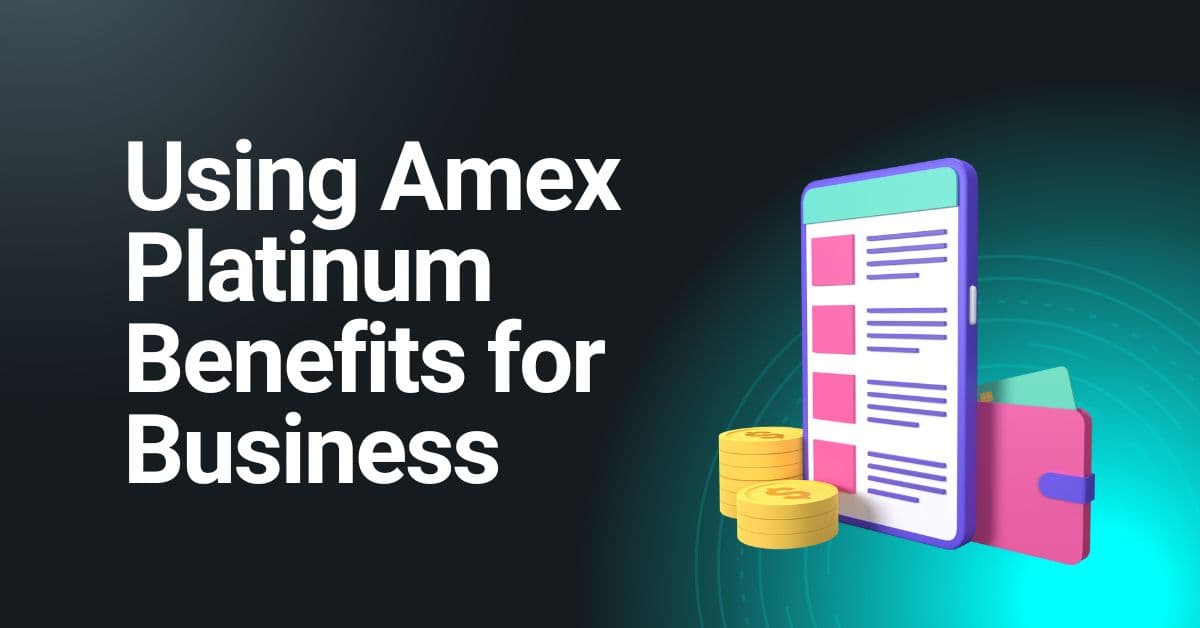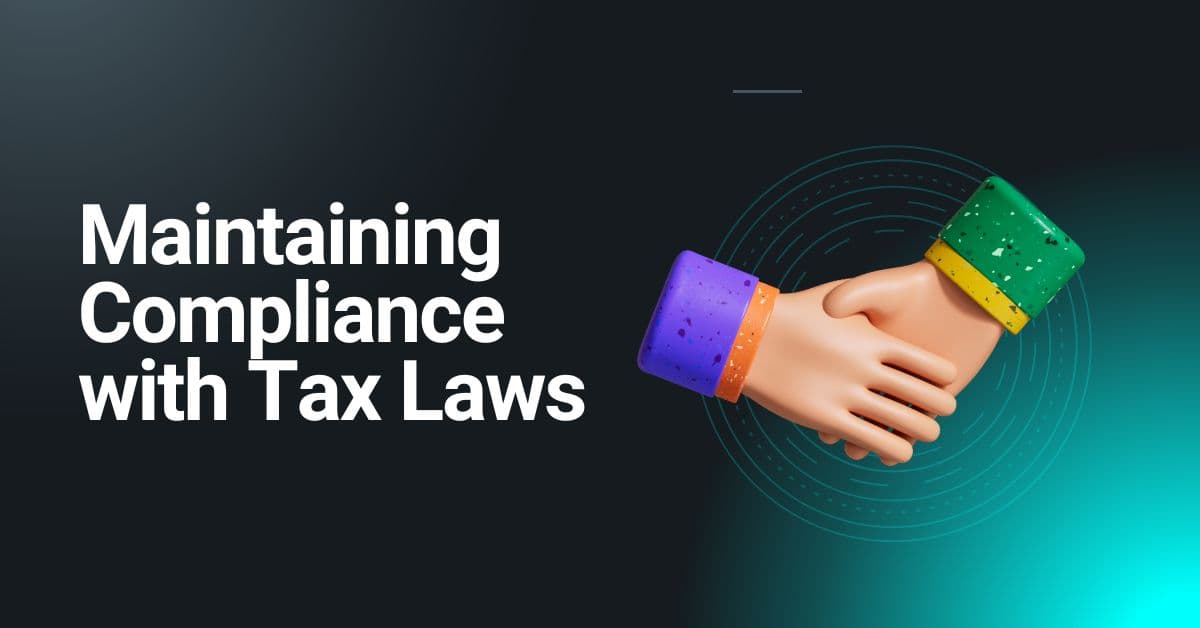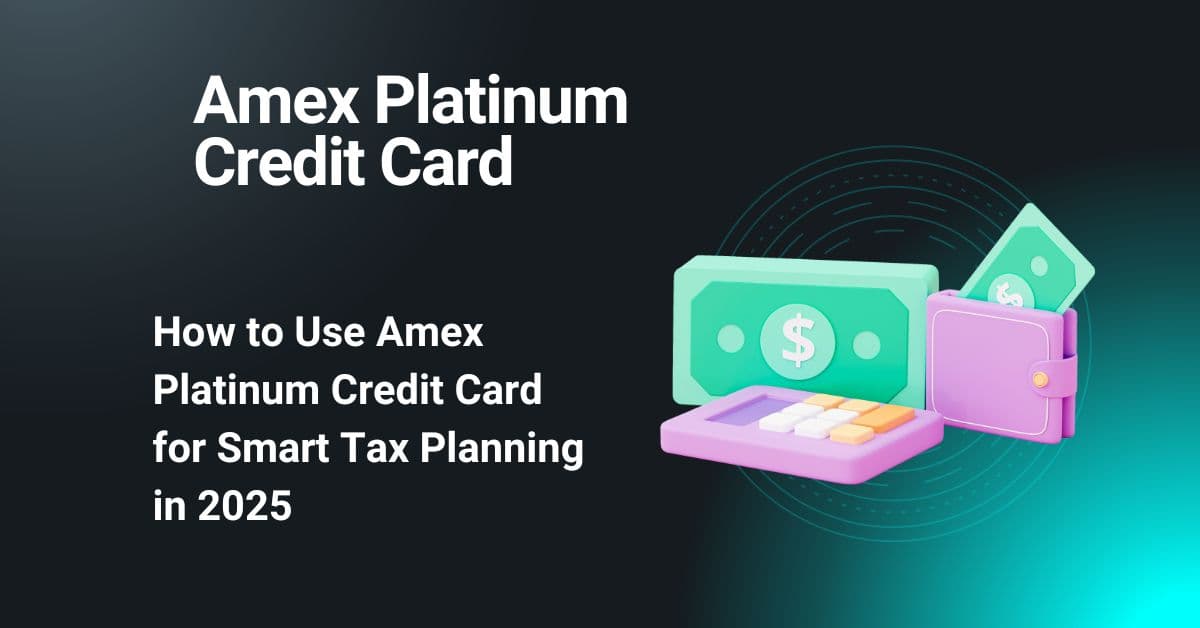Amex Platinum Credit Card: A high-end financial instrument, the American Express Platinum Credit Card is renowned for its unique perks, which include Membership Rewards points, travel credits, and access to airport lounges. This card can be a useful tool for tax planning in 2025 for Indian professionals and company owners, serving as more than simply a status symbol. The card’s characteristics can be used to maximise company costs and perhaps lower taxable income, even though it does not directly offer any tax benefits. In order to maximise financial efficiency and ensure compliance with tax rules, this article offers a thorough guidance on how to utilise the Amex Platinum Credit Card for astute tax planning.
Understanding Tax Deductions for Business Expenses
In India, tax planning entails setting up financial matters to lawfully reduce tax obligations. By paying for deductible business costs, the Amex Platinum Credit Card may help company owners with this. Here’s how:
Eligible business expenses
Expenses paid solely and exclusively for business operations are deductible under the Income Tax Act of 1961. These consist of:
- Travel expenses: include airfare, lodging, and other costs associated with business travel.
- Client entertainment: Costs associated with meals or gatherings to foster commercial ties.
- Office supplies: include things like software subscriptions and stationery.
- Professional Services: Charges for legal counsel or consultants.
These costs can be deducted from your taxable income when you file your taxes if you pay for them with the Amex Platinum Card.
Credit Card Interest Deduction
Under Section 36(1)(iii) of the Income Tax Act, which permits deductions for interest on borrowed capital used for business purposes, interest paid on credit card balances for company costs may be deductible. For example, the interest on a purchase made with the card to reserve a business conference and have a balance may be deductible. The necessity of keeping business and personal expenditures separate is highlighted by the fact that interest on personal costs is not deductible.
Credit for GST Input
The Goods and Services Tax (GST) paid on business transactions made using the card may be claimed as an input tax credit by GST-registered companies. The card is a useful tool for tax-efficient expenditure because it lowers your overall tax bill.
| Expense Type | Deductible | Notes |
| Business Travel | Yes | Must for Business Purposes |
| Client Dining | No | Not Deductible under tax low |
| Client Dining | Yes | Subject to reasonableness |
| Credit Card Interest | Yes (Business) | Only for business related balances |
| GST Paid | Yes | If business is GST – registered |
Important Tip: To simplify tax deductions and prevent combining personal and company activities, use a specific card or account for business costs.
Using Amex Platinum Benefits for Business
Indirectly assisting with tax planning, the Amex Platinum Card provides a number of features that help save out-of-pocket business expenditures. Here’s how to utilise these features to their fullest:

Benefits of Travel
- Global Lounge Access: Through the Global Lounge Collection, which includes Priority Pass, the card offers free access to more than 1,400 airport lounges throughout the globe. This lowers taxable costs for regular business travellers by doing away with the requirement to pay for lounge access.
- Hotel Credits: Through partners like Taj, SeleQtions, Vivanta, and The Postcard Hotels, cardholders may accrue up to ₹10,000 in hotel credits per year. These credits might reduce your net deductible expenses by offsetting lodging charges on business visits.
- Airline Discounts: Business travellers may save money on flights by taking advantage of exclusive offers from carriers like Air India, Etihad, and Qatar Airways.
Points for Membership Rewards
- Earning Points: For every ₹50 spent, you receive one Membership Rewards (MR) point (not including cash purchases, petrol, utilities, insurance, or EMI conversion at the point of sale). Bonus points are unlocked at higher expenditure thresholds: ₹1.9 lakh earns 15,000 bonus points per year, while ₹4 lakh earns 25,000 bonus points and a ₹10,000 Taj gift.
- Redemption for Business: To lower out-of-pocket expenses, points can be exchanged for business-related purchases like reservations for hotels or flights. By exchanging 20,000 MR points for a ₹10,000 Air India e-voucher, for instance, travel expenditures can be deducted, hence reducing taxable income.
Benefits of Insurance
Travel insurance, including international medical insurance and flying accident insurance, is covered by the card. These benefits can replace the requirement for separate insurance policies, which may be deductible under sections like Section 80D for health insurance, if appropriate, even if they don’t immediately lower taxable income.
Benefits of Golf and Lifestyle
The card provides free games and lessons at a few golf courses in India and overseas for entrepreneurs that host customers. These fees could qualify as business entertainment expenses if they are utilised to cultivate client relationships.
Important Update for 2025: The Platinum Travel Collection’s redemption choices have changed as of April 2025. Flipkart vouchers have been discontinued, however cardholders may now exchange their points for Postcard Hotels and Air India coupons. Despite a little devaluation, Taj vouchers are still useful for business travel and currently cost 12,500 MR points for ₹5,000 or 25,000 points for ₹10,000. (Mint)
Important Tip: Match card perks to company requirements. For example, while travelling for work, use hotel credits and lounge access to cut expenses and maximise deductions.
Useful Advice for Monitoring and Recording Expenses
Careful documentation is necessary in order to claim tax deductions. This procedure is made easier by the characteristics of the Amex Platinum Card:

- Transaction Statements: Use the Amex app or website to get comprehensive statements. When filing taxes, these are used as evidence of company costs.
- Expense Categorisation: To distinguish between professional and personal expenditure, use the app to group transactions into categories (such as “Travel,” “Office Supplies,” etc.).
- Receipt Retention: Save hard copies or digital versions of all company expenses’ receipts. These are essential for audits and deduction verification.
- Frequent Reviews: To make sure all business costs are appropriately documented and categorised, your Amex statements should be reviewed every month.
| Tool | Purpose | How to Use |
| Amex App | Track Expenses | Categorize transactions |
| Receipts | Audit Support | Store digitally or physically |
| Statements | Proof of Expense | Download Monthly PDFs |
Important Tip: To keep informed about spending and make sure no company cost is overlooked during tax season, set up email or SMS notifications for transactions.
Maximising Benefits for Tax-Saving Expenditures
By lowering company expenses, the Amex Platinum Card’s rewards program can improve tax efficiency. Here’s how to maximise incentives:
Accumulating Points for Membership Rewards
- Spending Limits: Get 15,000 extra MR points by spending ₹1.9 lakh during a card membership year, or get 25,000 bonus points and a ₹10,000 Taj gift by spending ₹4 lakh. These benefits are especially beneficial to business owners that spend a lot of money.
- Exclusions: Cash transactions, utilities, insurance, petrol, and EMI conversions at the point of sale do not earn points.
Options for Redemption
- Travel Redemptions: With partners like Air India or The Postcard Hotels, you may exchange points for lodging, flights, or e-vouchers. For instance, business travel expenses can be reduced by using 20,000 MR points to purchase a ₹10,000 The Postcard Hotel certificate.
- Changes to Taj Vouchers: As of April 2025, 12,500 MR points are needed for ₹5,000 or 25,000 points are needed for ₹10,000. This is a little devaluation, although it is still useful for business travel (Mint Article).
- Other Options: If points are utilised for commercial reasons (such as client presents), they may be deducted when used for dining or shopping vouchers.
Rewards’ Tax implications
Although there is no clear definition of how credit card rewards are treated tax-wise in India, they are often regarded as non-taxable unless they are turned into cash. Points may be redeemed for company costs to make sure they match deductible spending and increase tax efficiency.
Important Tip: To optimise tax benefits and cut costs, give priority to using MR points for client-related spending or business trips.
Maintaining Compliance with Tax Laws
Vigilance is necessary to guarantee compliance and optimise deductions as tax regulations and card advantages change over time. Here’s how to maintain focus:

Consulting with a Tax Expert
Professional Advice: A tax expert can help you understand which costs are deductible, handle complicated tax regulations, and guarantee compliance. Those in higher tax brackets or those who work for themselves should pay particular attention to this.
Customised Approach: By skilfully utilising the advantages of the Amex Platinum Card, advisors may customise tax planning for your company.
Keeping an eye on updates
- Amex Platinum Changes: Although specifics are still pending, American Express has declared “major updates” to the Platinum Card for late 2025 (Bloomberg). Use the Amex website to remain updated since these may affect travel advantages, yearly fees, or rewards rates.
- Tax Law Changes: Keep an eye out for any modifications to the 2025 Income Tax Act or GST regulations, since these might have an impact on the eligibility or limitations of deductions.
Avoiding Typical Mistakes
- Mixing spending: To avoid issues while filing taxes, do not use the card for personal spending.
- Overclaiming Deductions: To prevent tax authorities from looking into your claims, make sure all of your costs are legitimate and backed up by paperwork.
- Key Tip: To adjust your approach to new perks or laws, periodically review Amex messages and tax authority updates.
Examples from Real Life
Example 1: A Consultant’s Travel Savings
Based in Mumbai, Priya is a management consultant who regularly visits Bengaluru and Delhi for client meetings. She saves ₹5,000 every trip on lounge costs by using her Amex Platinum Card to gain free admission to airport lounges. She also lowers her lodging expenses by using 20,000 MR points to purchase a ₹10,000 The Postcard Hotel certificate for a business stay. She claims deductions for three trips of ₹15,000 each, which lowers her taxable income by ₹45,000 per year.
Example 2: Client Entertainment and Office Supplies
Arjun, a small company owner in Chennai, uses the card to pay ₹30,000 for a client meal and ₹50,000 for office supplies. He claims these expenses as deductions to lower his taxable income by ₹80,000. Additionally, he utilises golf benefits for a client excursion that costs ₹10,000 and may be written off as work pleasure.
Conclusion
A useful instrument for astute tax preparation in 2025 for Indian professionals and company owners is the Amex Platinum Credit Card. You may lower your taxable income while taking advantage of premium advantages by using the card for deductible business costs, making use of travel and rewards incentives, and keeping thorough records. Plan appropriately since recent changes in April 2025, such as the withdrawal of Flipkart coupons and new redemption choices for The Postcard Hotel and Air India vouchers, may impact how you can spend rewards. It is essential to keep informed and seek advice from a tax expert for compliance and optimisation, as significant revisions may be anticipated later in 2025. You may take advantage of the card’s luxurious features and attain tax efficiency by matching its advantages to your company’s requirements.
Frequently Asked Questions (FAQs)
Can I claim my Amex Platinum Card as a deduction for personal expenses?
No, Indian tax regulations do not allow for the deduction of personal costs. Deductions are only allowed for costs that are directly attributable to the business.
Can business costs be deducted from credit card interest?
Yes, as long as the credit card charges are used for business reasons, interest on those expenses can be written off.
How can I get the most out of the Amex Platinum Card’s tax advantages?
By utilising the card’s travel and rewards features, keeping thorough records for tax filing, and mostly utilising it for business costs.
Will the perks of the Amex Platinum Card change in 2025?
Indeed, as of April 2025, the Platinum Travel Collection’s redemption options have been updated to include additional Postcard Hotels and Air India voucher possibilities.
Sensex Nifty Stock Market: Last-Minute Tax Moves!
Bank Nifty Today: Smart Tax Planning Moves You Shouldn’t Miss!
Paytm Share Price Target 2025: Tax Implications You Must Know!
